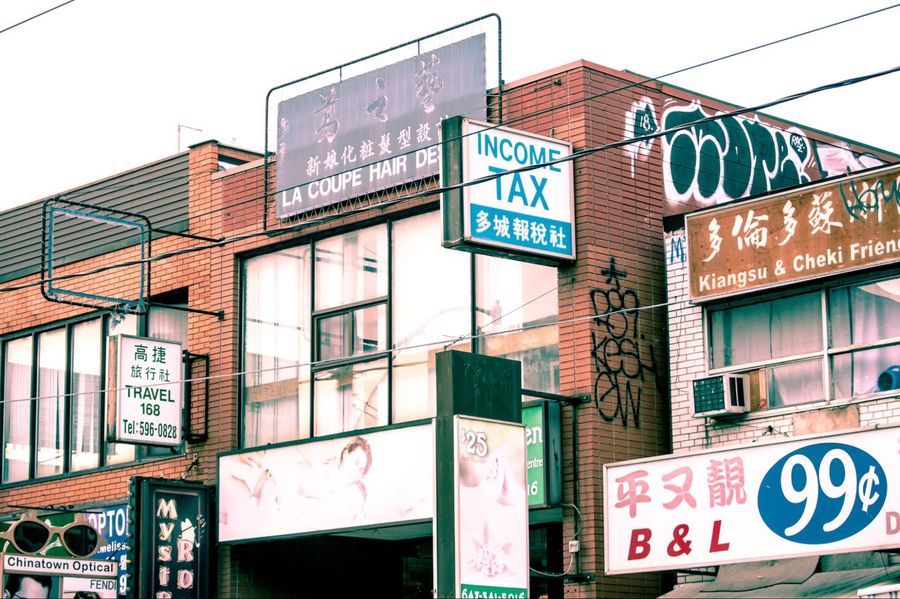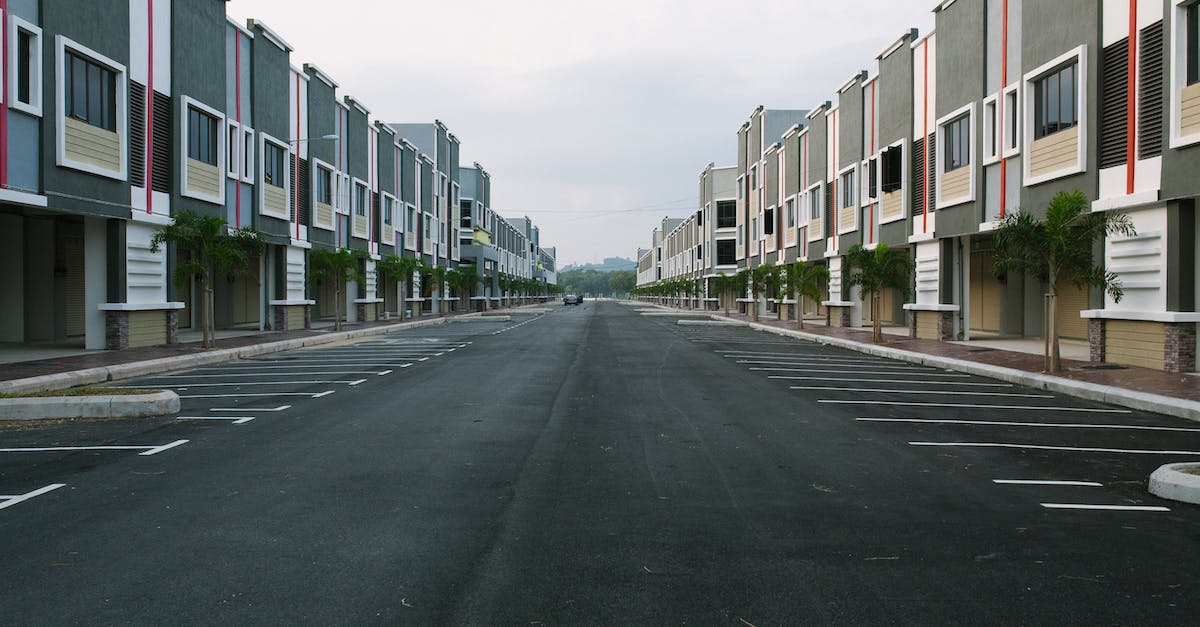Last Updated on October 24, 2023 by Neil Sharma
The federal government’s 2021 budget includes $300 million to fund the conversion of vacant commercial units into housing, with a specific target of 800 market rental suites, but is it too ambitious?
Qaiser Mian, senior director of research, valuations and advisory at Altus Group, says that, executed properly, it could work, but it’s contingent on a host of factors, including the cities in which the plan is implemented.
“Edmonton and Calgary are the obvious (cities with conversion opportunities) because of the resource sector turning into an oversupply of office space,” he said. “Looking at the disposition strategy when looking to sell and competing with other uses, why not a condo site or a market rental rather than affordable housing? There are other forces at play when you look at the redevelopment of other high-demand assets in the downtown core of Toronto.
“On the periphery of Vancouver and Toronto, there are pockets of opportunity. When you look at commercial real estate broadly, retail is a victim of COVID and that’s still playing out.”
While B- and C-class buildings are prime candidates for conversion because their vacancies usually rise when newer inventory comes to market—and Toronto has of office space in the development pipeline—older hotels are more plausible for conversion into residential rental units. It’s no secret that the COVID-19 pandemic has hit the hospitality industry hard and it isn’t inconceivable that some struggling hotels could soon hit the market.
“Speculation is that these hotels are nowhere near a viable proposition and they’ll have to look at repurposing,” John Miolla, vice president of operations at Koler Builders, recently told CREW. “I’ve caught wind of a few of them. Owners/operators are sitting on assets that aren’t generating revenue. Repurposing them is one way to change that.”
That also raises the question of how affordable rental units in an urban core could compete with vastly more economically viable options like high-rise condominium towers. They can’t, and it’s doubtful a condo developer would be outbid, but the outskirts of cities like Toronto and Vancouver could be solutions, says Mian.
“It’s about finding the right market and products suitable within the restraints that exist,” he said. “Look at markets with an oversupply of office buildings—Calgary comes to mind, where they had an oversupply issue pre-COVID and there’s the potential for reuse of inventory, but because of a multitude of reasons,= like financing and zoning, they haven’t moved ahead and this could be a boost in the arm. One has to be cautious in assuming COVID will result in a surplus of office space.”
Neil Sharma is the Editor-In-Chief of Canadian Real Estate Wealth and Real Estate Professional. As a journalist, he has covered Canada’s housing market for the Toronto Star, Toronto Sun, National Post, and other publications, specializing in everything from market trends to mortgage and investment advice. He can be reached at neil@crewmedia.ca.









